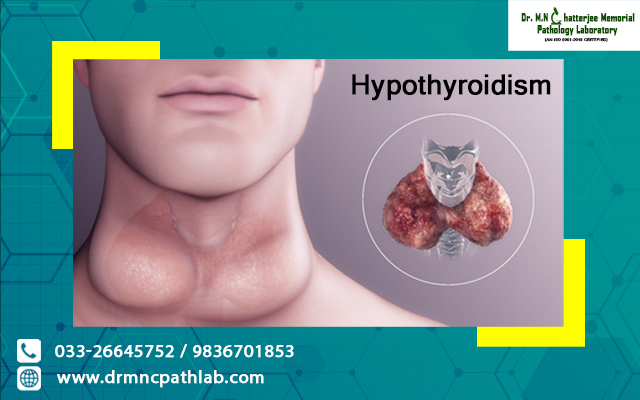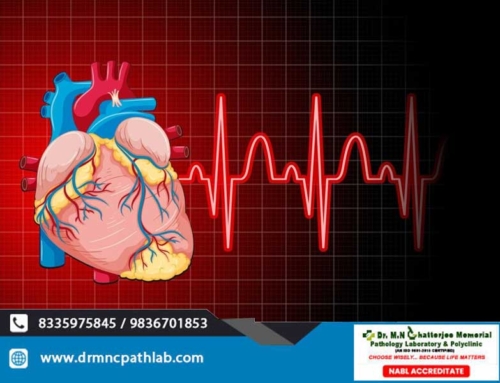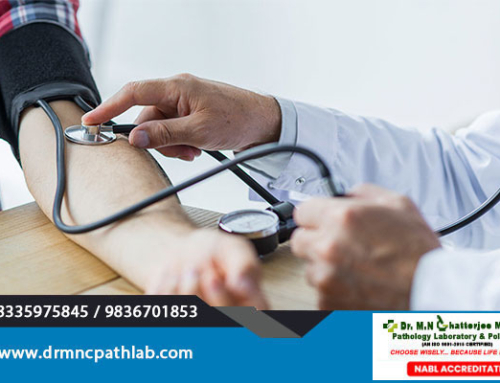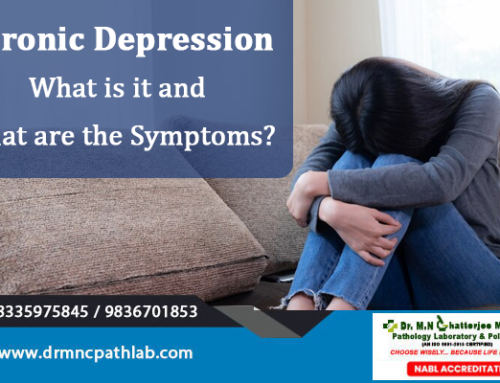If your thyroid gland is not able to produce sufficient thyroid hormones for your body, the condition is known as hypothyroidism. The thyroid remains in an underactive state in this condition. The opposite of this condition is hyperthyroidism, where too much thyroid hormone is produced by the thyroid gland. How the body uses energy is dependent on the thyroid hormones. The natural functions of your body may slow down if the amount of thyroid hormones in your body is not proper. In comparison to men, hypothyroidism affects women more frequently. There is simple, safe and effective treatment available for hypothyroidism. You can consult a specialist at a doctor clinic in Uttarpara for proper medical advice.
Symptoms
There are diverse symptoms of hypothyroidism as the thyroid hormones affect many organs of your body. Triiodothyronine (T3) and thyroxine (T4) are the two thyroid hormones that the thyroid gland produces. The common symptoms of hypothyroidism are:
- Weight gain
- Fatigue
- Constipation
- Slowed heart rate, speech and movements
- Dry skin
- Thin, brittle fingernails or hair
- Pain in joints and muscle, cramps and weakness
- Heavy periods
- Insomnia
- Anaemia
- Loss of libido
- Depression
The following are the symptoms that can develop if you don’t undergo proper treatment.
- Slow heart rate
- Missing or thinned eyebrows
- Hearing loss
The development of hypothyroidism is at a slow rate. The symptoms may sometimes go unnoticed at the early stage.
Diagnosis
If you go to a doctor after having the symptoms of hypothyroidism, he/she may examine you for an underactive thyroid. There are some blood tests that help in the diagnosis of hypothyroidism. A medical laboratory in Uttarpara is the proper place where you can go for the blood tests. These tests measure thyroxine level and thyroid-stimulating hormone (TSH) level. It may indicate an underactive thyroid if there is a high level of TSH and a low level of thyroxine. In most of the cases, you need to go for TSH tests at first and if required, go for a thyroid hormone test.
Treatment
Some medicines help to reduce the symptoms of hypothyroidism. The doctors also try to supplement the thyroid hormone during the treatment for hypothyroidism. Synthetic thyroxine is normally used to replenish the hormone levels. This medicine has very much similarity with the T4 hormone. The doctors decide the dosage based on the history, symptoms and current TSH level of the patient. In order to know whether there is the need to adjust the dosage of synthetic T4, the doctors will regularly monitor your blood. As time passes, the frequency of blood tests will normally decrease. If you are starting a diet that is high in fibre or consuming lots of cruciferous vegetables, you should inform your doctor. The ways by which thyroid medicine gets absorbed in the body can be affected by your diet. You may have to take iodine supplements if needed. The thyroid hormone levels may become normal with proper treatment.






